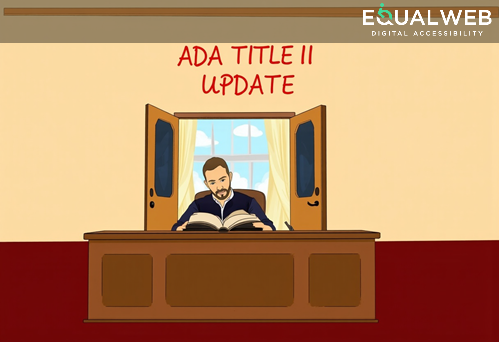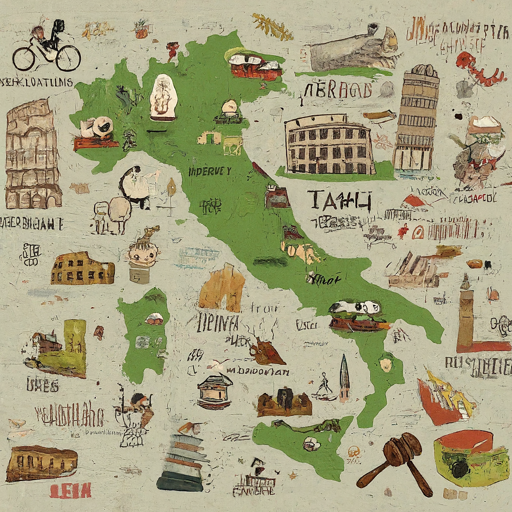Innovative startup company EqualWeb participated in the conference as well, after winning a bid to provide web accessibility services to government agencies in Israel. According to the three-year contract—with an option for a three-year extension—EqualWeb will remediate the digital assets of government bodies, municipalities, towns, kibbutzim, private businesses, and nonprofit organizations.
“Awareness for website accessibility has risen dramatically in recent years and this year this was felt even more,” Yael Chen, the Customer Relations Manager at EqualWeb, relayed.
“People crowded together around our stand throughout the conference, asked questions, and demonstrated great curiosity; this made us very happy as we understand that the accessibility field is highly prioritized among municipal organizations—even though the achieving our vision, of an accessible and inclusive for all web, is still far from materializing.”
EqualWeb’s Vice President Anat Cohen stipulated: “Our presence this year at the conference was very special. We established collaborations with agencies in Israel and abroad, gaining major interest in EqualWeb’s
hybrid solution: automatized remediation alongside expert auditing and customized fixing of accessibility issues. We are extremely excited about the new opportunities created here and are very optimistic about the future,” Cohen added.
“Still far from equal terms”
The Equal Rights Law for People with Disabilities was enacted in Israel in 1998, in order to close the gap between the lives of individuals with disabilities and the principles of equality and human dignity. Based on the law, the Israeli government established
Israeli Standard 5568, which determined the standards for website accessibility, conforming to international standards.
In light of the subject’s necessity and the legally compelling standards, the private and public sectors are required to make their websites accessible to people living with disabilities. Today it is hard to find business owners that are not aware of their digital remediation responsibility. Yet nevertheless, too many websites are still not accessible. This is true internationally as well.
“On the one hand, we are still far from living in equal terms, where every person, matters not his ability or disability, will be able to browse and enjoy the diverse services offered online; but on the other hand the public is aware of the problem and is making progress. We see this in our personal growth and expect to continue to develop in the Israeli and international markets, which are pulling in the direction of digital and equal accessibility for all,” Cohen said.
The growth of the accessibility industry
In the wake of the rise in demand for accessibility, EqualWeb recorded significant growth in Israel and abroad, and recently moved its main management residence to new offices in Netanya; merely several months after opening another branch in Tel Aviv.
“We expanded our teams, from the marketing department to the development team, so it was time to open a new page in larger and newer offices,” Chen remarked. “This is an exciting time for us. We see how accessibility for people with disabilities is coming to fruition before our eyes, and we are very happy to be one of the leading companies that are making it happen.”
Today EqualWeb has tens of
thousands of clients worldwide, including huge brands such as Huggies, Lenovo, Bosch, Budget, Miami Heat, Avis, Asus, Gett, and thousands more.
The company is offering a full accessibility solution that includes an automatic widget that fixes accessibility errors on the website, integrated with a monitor scanning system that is managed manually via expert programmers who are well-versed in international accessibility requirements.




